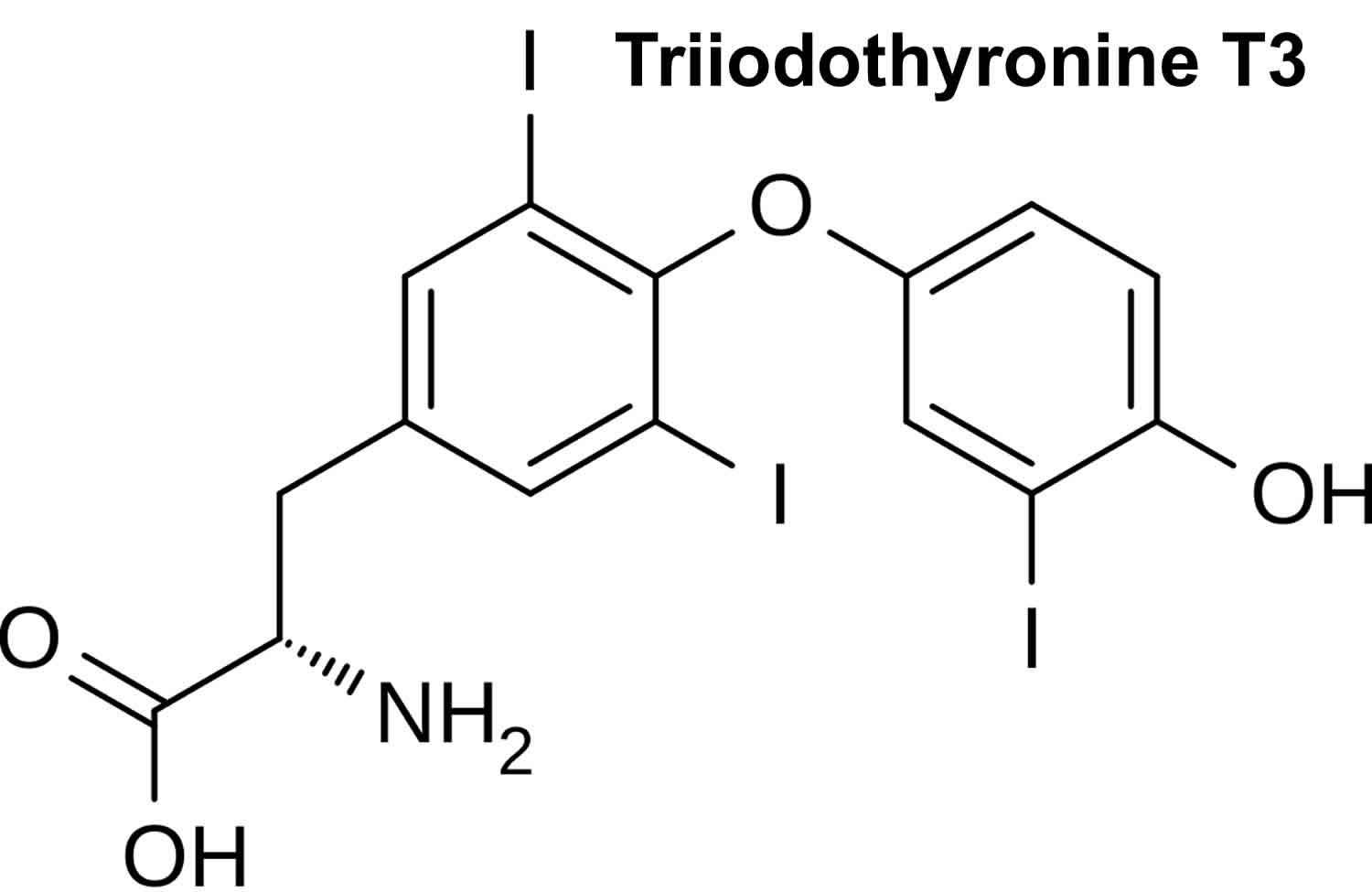
News & Blogs 2024-01-10
Key Ingredient for Thyroid Function Tests — Triiodothyronine (T3)

EN
CN
EN
News & Blogs 2024-01-10
Key Ingredient for Thyroid Function Tests — Triiodothyronine (T3)

Source: healthjade.com
Triiodothyronine, commonly known as T3, is a thyroid hormone. It affects almost every physiological process in the body, including growth and development, metabolism, body temperature, and heart rate. T3 is produced in the thyroid gland and is derived from the thyroxine hormone (T4) through the removal of an iodine atom. This conversion process occurs mainly in the liver and kidneys.
T3 is more active than T4 (thyroxine), despite being present in lower amounts in the body. It binds to thyroid receptors in the cell nucleus and exerts its metabolic effects, which can be several times more potent than those of T4.
The measurement of T3 is often used to diagnose thyroid diseases, such as hyperthyroidism and hypothyroidism.
Elevated levels of T3 typically indicate hyperthyroidism, a condition characterized by an overactive thyroid gland, while low levels may indicate hypothyroidism, where the thyroid is underactive.
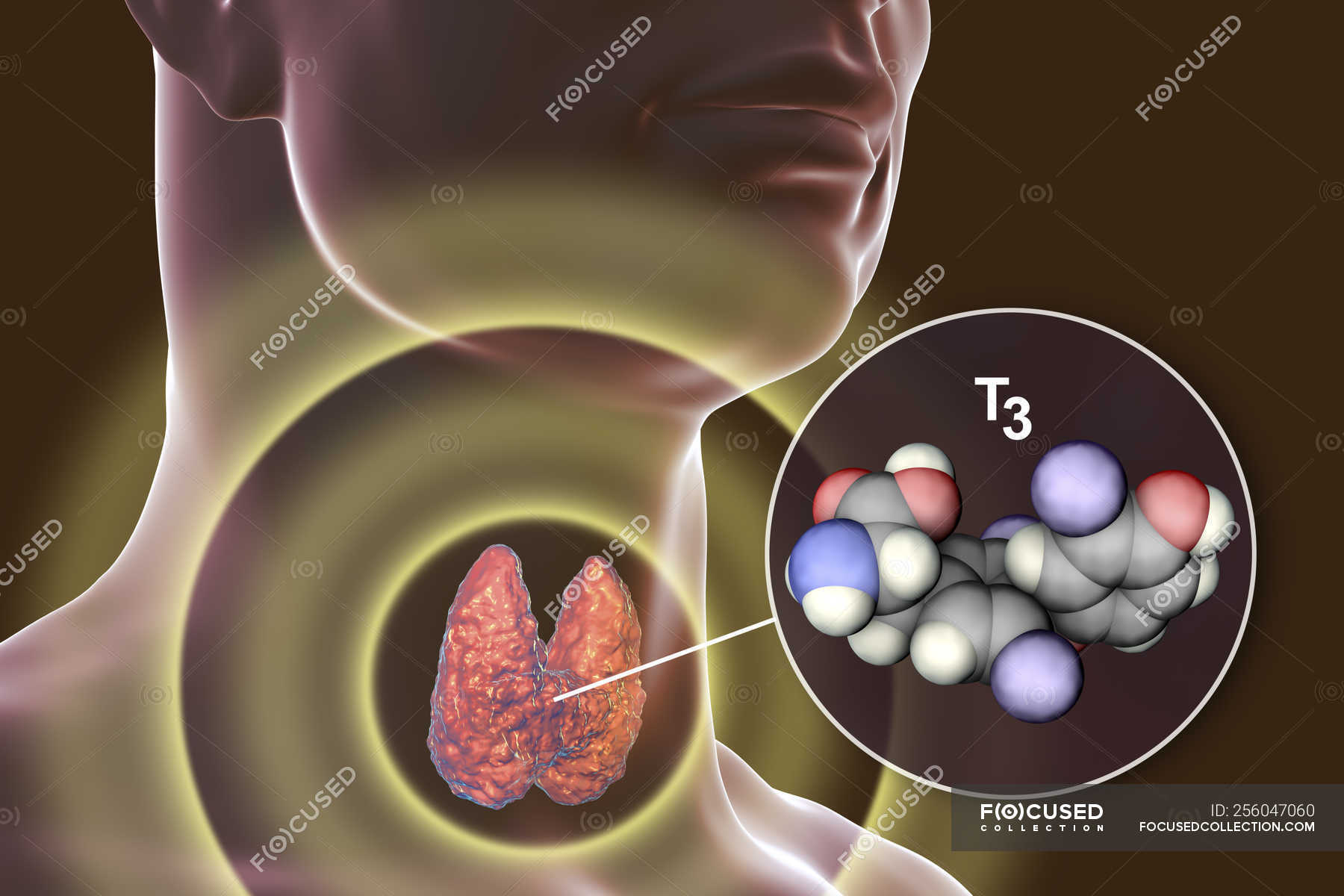
Source: focusedcollection.com
Triiodothyronine (T3) has significant clinical relevance in the field of medicine, particularly in the diagnosis and management of thyroid disorders. Here's a brief overview of its clinical significance:
1. Thyroid Function Assessment: T3 levels are measured to evaluate thyroid gland function. Abnormal T3 levels can indicate thyroid dysfunction.Hyperthyroidism Diagnosis: Elevated T3 levels are often associated with hyperthyroidism. T3 is sometimes the first hormone to rise in conditions like Grave's disease.
2. Hypothyroidism Monitoring: In hypothyroidism, T3 levels are usually lowered. Monitoring T3 can help in assessing the severity and treatment response.
3. Differentiating Thyroid Disorders: T3 measurements can help differentiate between different types of thyroid diseases, such as distinguishing between true hyperthyroidism and euthyroid sick syndrome.
4. Treatment Decisions: T3 levels can guide treatment decisions, especially in deciding the dosage of thyroid hormone replacement therapy.
5. Indicator of Metabolic Status: Since T3 is a potent activator of metabolic activity, its levels can reflect the metabolic status of a patient.
For triiodothyronine (T3) testing, Bioeast Biotech introduces one type of T3 monoclonal antibody. Additionally, a corresponding synthetic T3 antigen is provided. See Table 1 for details:
Table 1: Pairing Recommendations for Development of Competitive Immunoassay Systems for Triiodothyronine
PRODUCT NAME | CAT NO. | Type | Application Platform | Pair Recommendation |
Triiodothyronine (T3) | T3101 | Antibody | LF,CLIA,EIA | Conjugate/Coating |
T3421 | Antigen | LF,CLIA,EIA | Coating/Conjugate |
For the project of free triiodothyronine, the competitive method is generally chosen for developing test kits. Options include coating the antibody on magnetic beads and labeling the antigen, or coating the antigen and labeling the antibody. Bioeast's internal laboratory has conducted performance validation using Bioeast's T3 raw materials on a chemiluminescence platform, with the following results:
Bioeast's internal laboratory used the T3101 monoclonal antibody as a capture antibody for reagent performance analysis. The results show that this antibody performs well on a chemiluminescence platform, with precision <3.5%. A clinical sample comparison of 107 cases showed a good correlation with the Reference Kit (R2=0.9506).
1) Precision Test:
Two clinical samples were tested ten times using the self-developed kit, showing good precision (CV<3.5%). Results are shown in Figure 1.
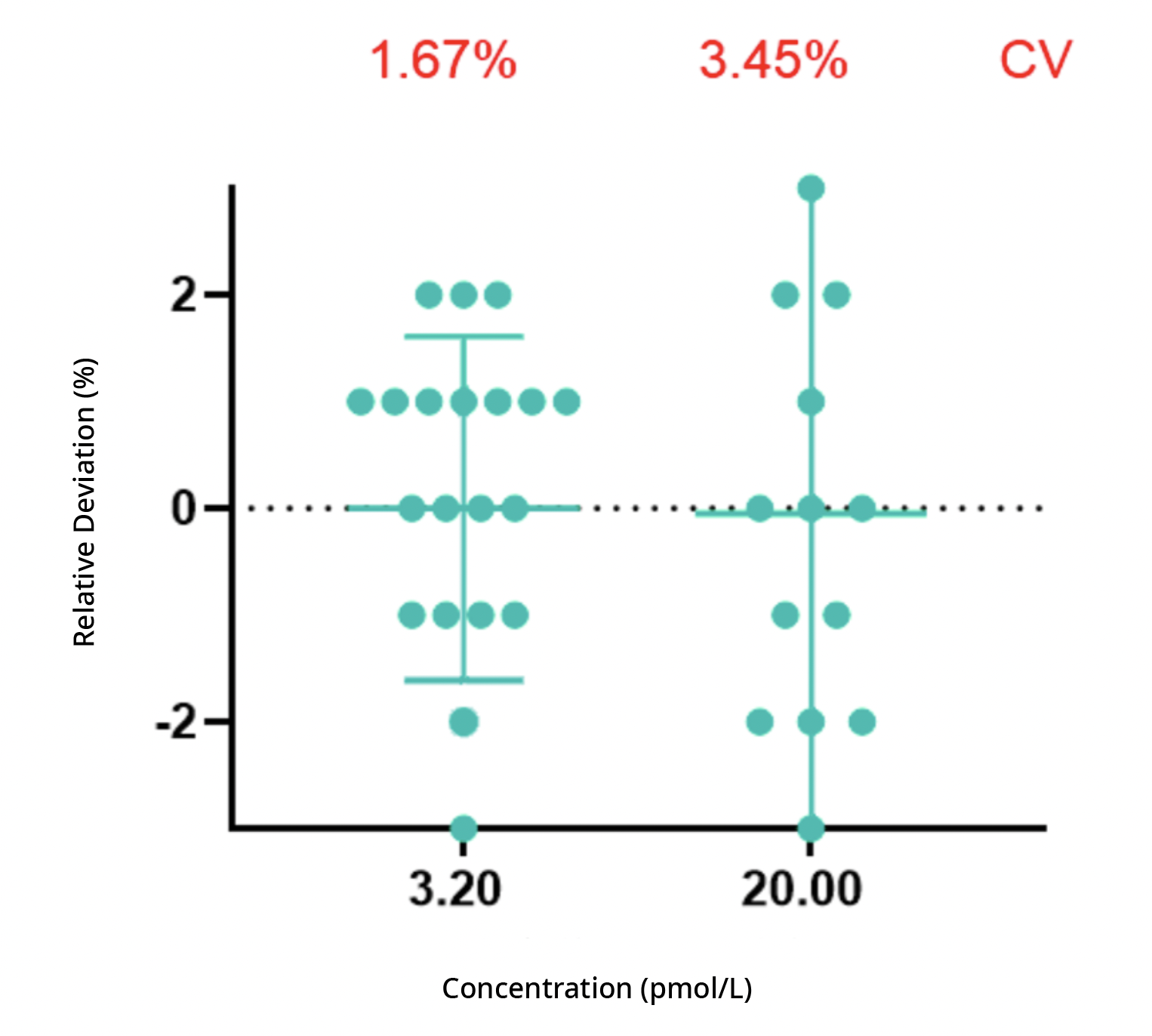
Figure 1 fT3 Precision Test
2) Correlation with Reference Substances
107 clinical samples were tested using both the self-developed kit and the Reference Kit. Linear regression analysis of the concentrations showed significant correlation between the two kits (R2=0.9506). See Figure 2.
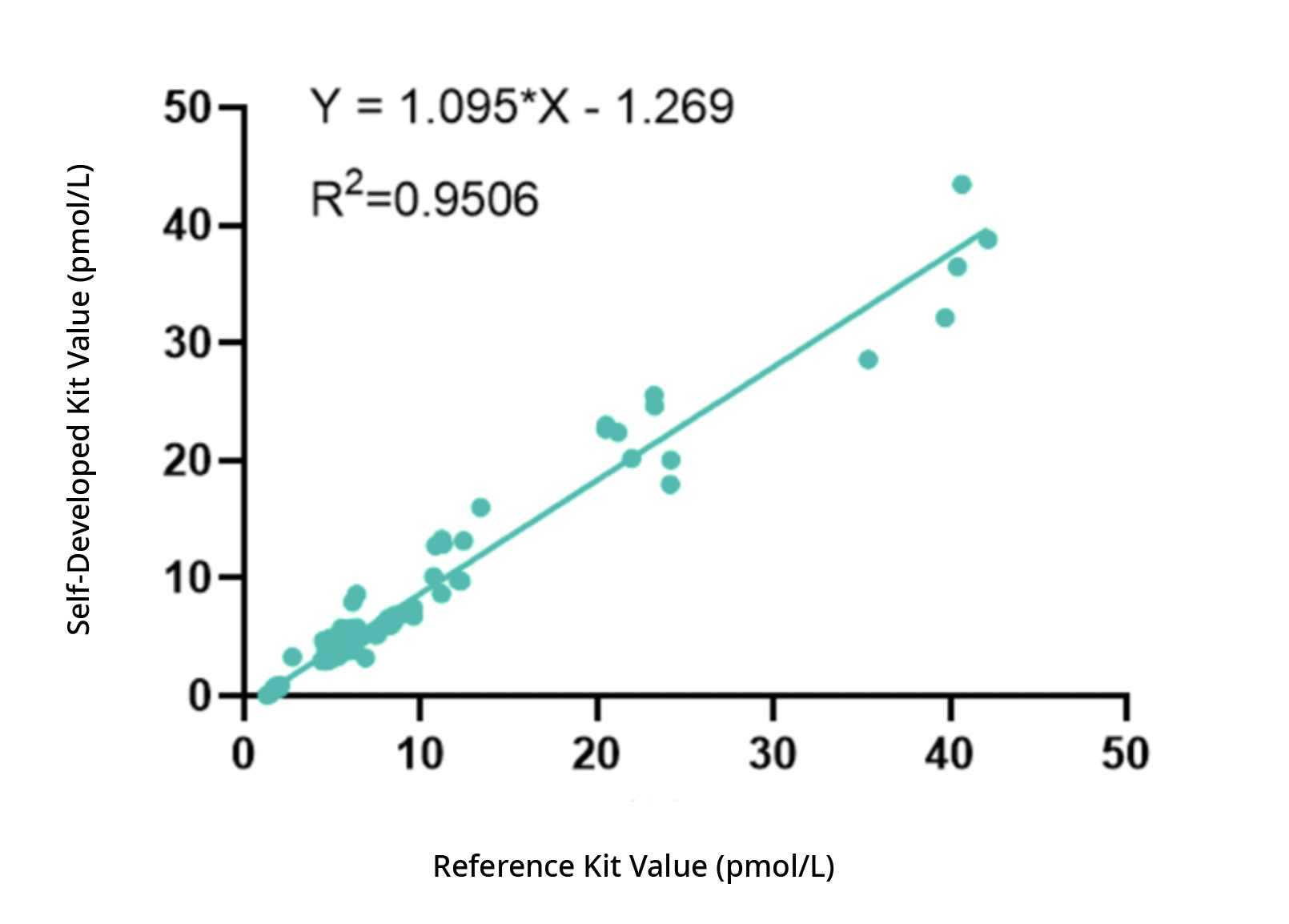
Figure 2 fT3 Clinical Comparison Results (N=107)
Reaction Mode II - Antigen Magnetic Bead Coating
T3 antigen can be used for magnetic bead coating, with the T3101 monoclonal antibody as the labeled antibody, for paired reagent performance analysis. The results show that this antibody performs well on a chemiluminescence platform, with precision <2.5%. A clinical sample comparison of 107 cases showed a good correlation with the Reference Kit (R2=0.9611).
1) Precision Test:
Two clinical samples were tested ten times using the self-developed kit, showing good precision (CV<2.5%). Results are shown in Figure 3.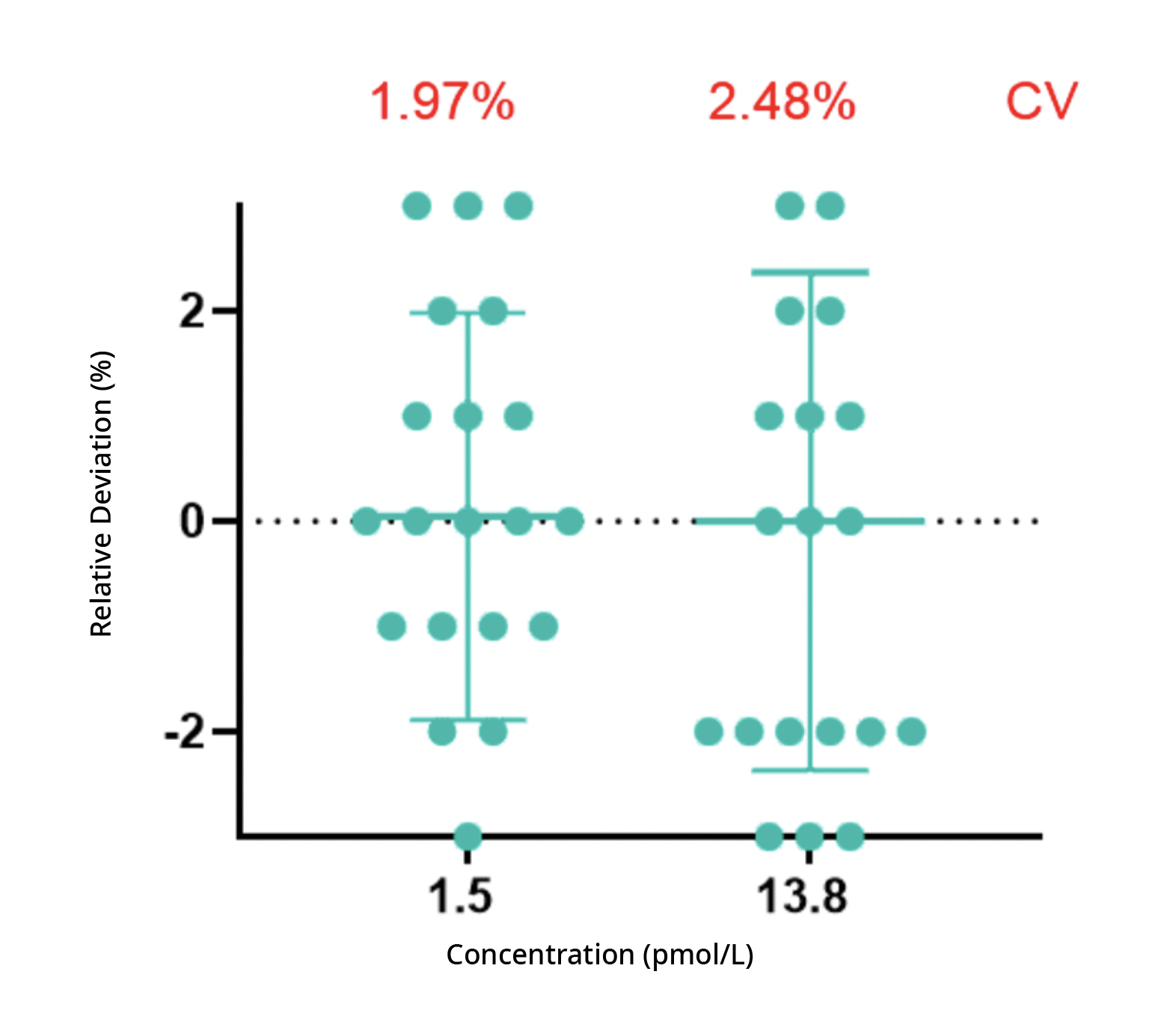
Figure 3 fT3 Precision Test
2) Correlation with Reference Substances
107 clinical samples were tested using both the self-developed kit and the Reference Kit. Linear regression analysis of the concentrations showed significant correlation between the two kits (R2=0.9611). See Figure 4.
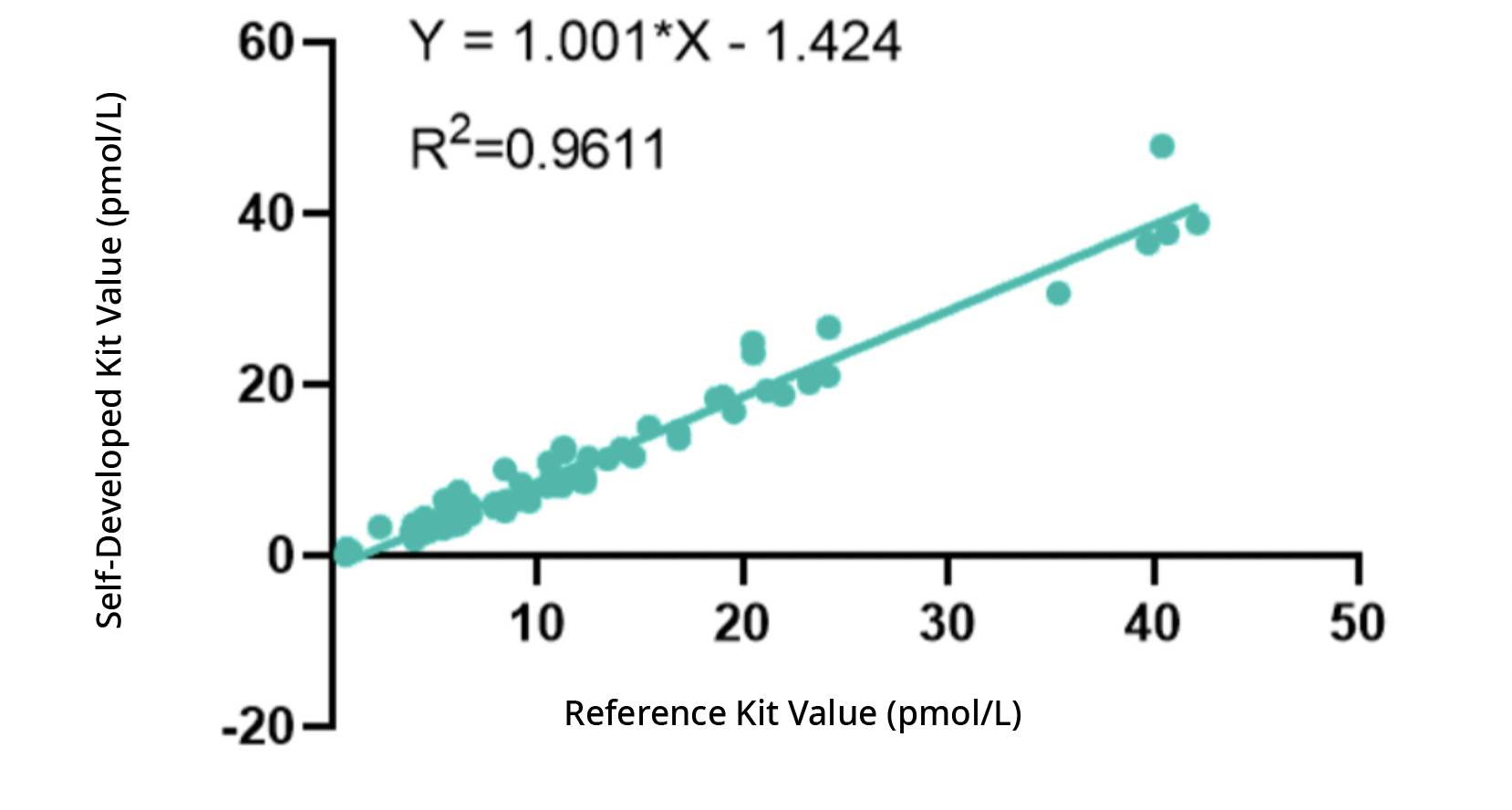
Figure 4 fT3 Clinical Comparison Results (N=107)
It has been validated that Bioeast's T3 raw materials have good precision and correlation with the Reference Kit in FT3 project testing.